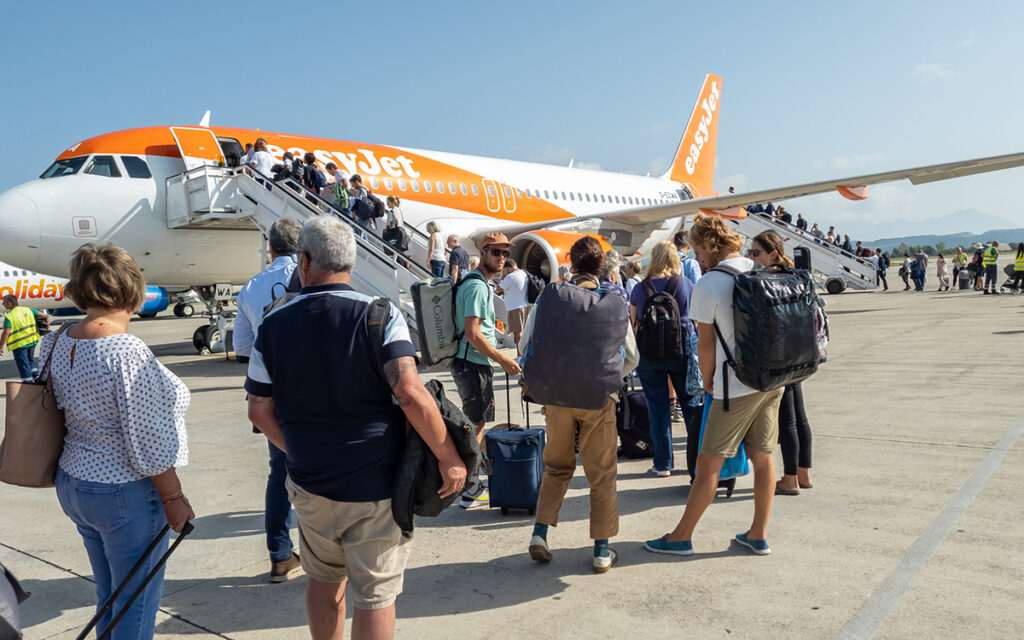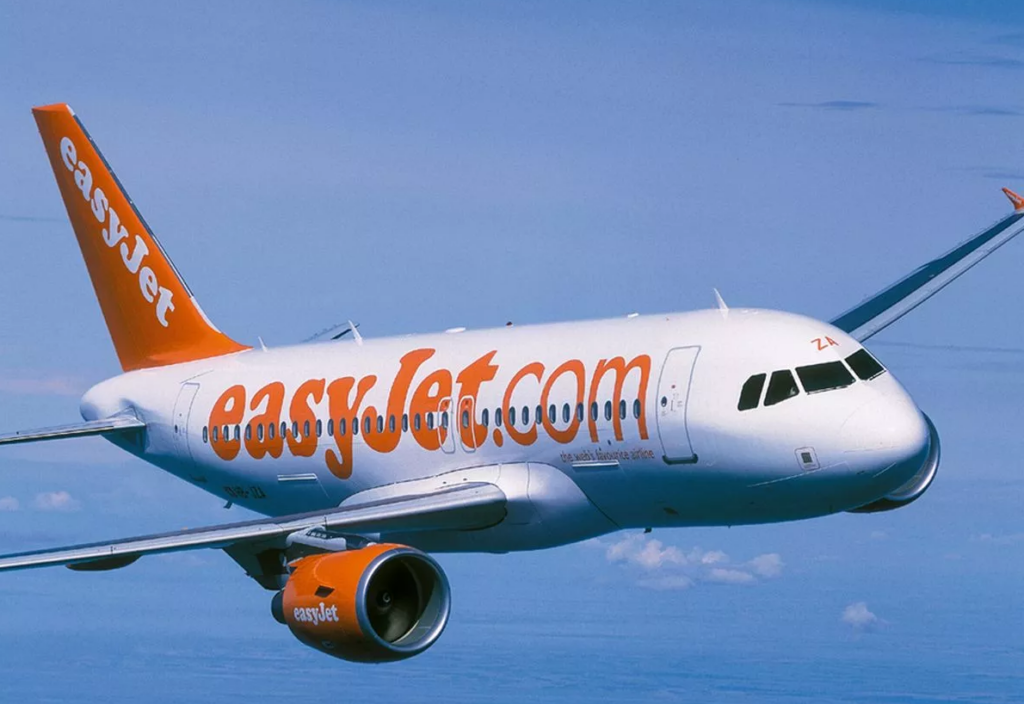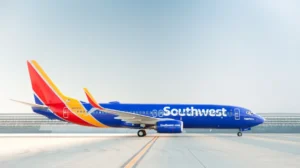Fake Airline Accounts on X Scamming Holidaymakers
Scammers are using fake X accounts to impersonate airlines, tricking holidaymakers into sharing personal data. Major UK airlines are urging customers to be vigilant and only engage with verified accounts.

Photo Source: https://wp-pa.phonandroid.com/
Holidaymakers are being warned about an increase in scams where fake social media accounts impersonate airlines. According to consumer association Which?, fake accounts exist for every major UK airline on X, formerly known as Twitter, and are regularly used to trick customers into giving away their personal data. Which? has criticized X for being too slow to remove these deceptive accounts.
X has a policy to permanently suspend accounts that impersonate organizations under its “misleading and deceptive identities policy.” While the platform claims to have taken down all fake accounts identified by Which?, the consumer group argues that reporting fake accounts to X has limited effectiveness, with many bogus posts and accounts still active.
These scams typically occur when frustrated customers attempt to contact an airline to resolve an issue. Scammers, often using automated software, identify such interactions and respond with near-identical language to the airline’s official accounts. They request personal information or direct users to phishing websites to harvest sensitive data, such as credit card details. In some cases, fraudsters claim customers are entitled to compensation or ask for a small fee to resolve the issue.
Which? found fake X accounts impersonating every major UK airline, including British Airways, easyJet, Jet2, Ryanair, Tui, Virgin Atlantic, and Wizz Air. Airlines are urging customers to be cautious of fake accounts and avoid sharing personal data on social media. EasyJet and Wizz Air have advised customers to engage only with their verified accounts and contact customer service through official channels.

The consequences of these scams can be severe, leading to financial loss and identity theft for unsuspecting customers. Fake accounts often mimic the language and tone of genuine airline communications, making it difficult for users to distinguish between legitimate and fraudulent interactions. This sophisticated level of deception underscores the importance of heightened awareness and vigilance among social media users.
Airlines are stepping up their efforts to combat these scams by increasing public awareness and improving their online security measures. British Airways, for example, has intensified monitoring of its social media channels and has introduced additional verification steps to ensure the authenticity of its communications. Furthermore, consumer groups like Which? are advocating for more stringent actions by social media platforms to swiftly identify and remove fraudulent accounts. This combined approach aims to protect consumers from falling victim to these increasingly common and sophisticated scams.









